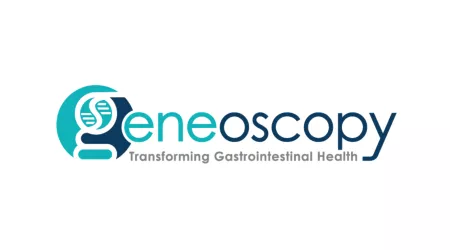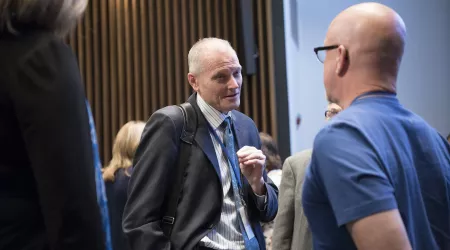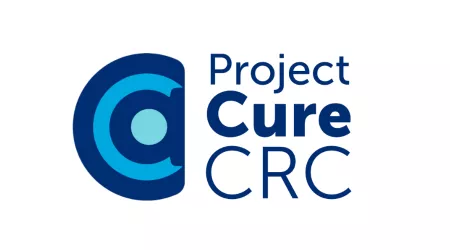How we fund research
We provide a critical early investment for researchers to validate the scientific basis for even greater funding, turning lab work into treatments.
Chris4Life Research Program
The Colorectal Cancer Alliance established the Chris4Life Research Program in 2010 in honor of the late Christine Sapienza and for all the families who are affected by colorectal cancer. Our research program is a critical driving force in our mission to end colorectal cancer in our lifetime. Since 2016, the Alliance has funded nearly $5 million in cutting edge, innovative, and life-saving research.
All proposals undergo a rigorous two-tier review process by members of a distinguished Scientific Review Panel. The review panel operates under clear objective guidelines. Members of the panel are drawn from outstanding institutions such as:
- National Cancer Institute
- MD Anderson Cancer Center
- Johns Hopkins University
- Georgetown University
- University of Colorado
- Fred Hutchison Cancer Research Center
- University of South Carolina
Our funding priorities
New discovery research
We believe in the importance of finding new ways to battle colorectal cancer, including biomarkers, personalized medicine, immunotherapy, and new screening methods. We want more research that will extend and improve patients’ quality of life beyond what is available with current pathways.
Translational research
We want research that has a tangible impact on people with colorectal cancer — taking laboratory advances and translating them into therapies more quickly for the direct benefit of patients.
Clinical trials and infrastructure
Clinical trials are integral to improving colorectal cancer survivorship and quality of life. We also provide a clinical trial finder and patient & family support navigators to assist patients in gaining access to clinical trials.

Projects we've funded
By funding the most innovative colorectal cancer research studies, we take important steps toward realizing our vision—a world free of colorectal cancer. Explore our research focus areas to see who is using our funding to accelerate treatment, prevention, and a cure.
Support colorectal cancer research
Help make lifesaving research possible. Your gift will be earmarked for the Colorectal Cancer Alliance Chris4Life Research Program.
Sponsors
Top resources

FDA approves ColoSense, mt-sRNA screening test from Geneoscopy
ColoSense is a screening test for adults, 45 years of age or older, who are at average risk for developing colorectal cancer (CRC).

Dr. John Marshall joins the Alliance as Chief Medical Consultant
A veteran in the field of gastrointestinal cancer research, Dr. Marshall will share his leadership experience and scientific expertise to guide the Alliance’s patient support and research initiatives, particularly Project Cure CRC.

Alliance Announces Request for Proposals as it Launches the Largest-Ever CRC Research Investment
In an effort to expedite its life-saving work, the Colorectal Cancer Alliance (Alliance) Project Cure CRC initiative is excited to open its Request for Proposals (RFP). Tens of millions of dollars will be available to researchers from around the world whose work aims to expedite colorectal cancer (CRC) research to a curable science.







